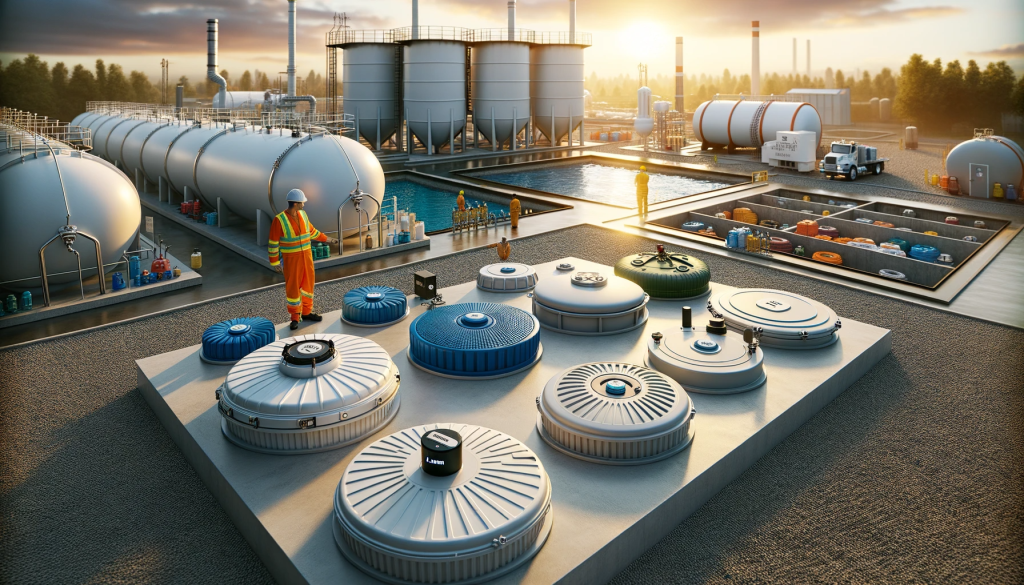In today’s rapidly urbanizing world, understanding waste water supply and its management is of paramount importance. As water scarcity becomes a more pressing concern, the need for effective waste water treatment and reuse has never been greater. This article delves deep into the world of waste water supply, highlighting its significance, the challenges faced, and the innovations that are setting new benchmarks in the industry.

1. Understanding Waste Water Supply
Waste water, often referred to as sewage or effluent, comprises excess water from homes, industries, and commercial establishments that has been used for various activities. This includes water from showering, washing dishes, industrial processes, and more. Once this water has been used, it needs to be treated and managed properly to prevent harm to the environment and public health.
2. The Significance of Waste Water Management
- Environmental Protection: Untreated waste water released into the environment can lead to pollution of rivers, lakes, and oceans. This not only harms aquatic life but also affects the quality of fresh water sources.
- Public Health: Proper waste water treatment eliminates harmful bacteria and pathogens, reducing the risk of waterborne diseases.
- Economic Value: Treated waste water can be reused for various non-potable purposes, reducing the demand on freshwater resources and saving costs.
3. Challenges in Waste Water Supply Management
- Infrastructure: Many urban areas, especially in developing countries, lack the necessary infrastructure for effective waste water treatment.
- Rapid Urbanization: With cities expanding at an unprecedented rate, managing the increasing volume of waste water is a significant challenge.
- Emerging Pollutants: Modern industries release new types of pollutants that traditional waste water treatment processes may not effectively remove.
4. Innovations in Waste Water Supply
The waste water industry is witnessing groundbreaking innovations that promise to revolutionize the way we manage our water resources:
- Advanced Filtration Systems: Using membrane bioreactors and advanced oxidation processes, these systems can remove even the tiniest of contaminants.
- Smart Water Networks: Leveraging IoT devices and real-time data analytics, smart water networks optimize the waste water treatment process, making it more efficient and cost-effective.
- Water Reuse Technologies: Modern technologies are enabling the conversion of waste water into potable water, paving the way for a sustainable water supply.
5. The Future of Waste Water Supply
The future of waste water supply is bright, with the convergence of technology and environmental awareness. Initiatives such as decentralized waste water systems and community-driven management approaches are gaining traction. Moreover, with continuous research, we can expect even more efficient and sustainable methods for waste water treatment and reuse in the near future.
Conclusion
Waste water supply and its effective management is not just a technical concern but a societal one. As we face increasing water scarcity, it becomes essential to view waste water not as a problem but as a valuable resource. With the right technologies and practices, we can turn this challenge into an opportunity, ensuring a sustainable water supply for future generations. As the famous saying goes, “Water is life,” and by managing our waste water supply effectively, we are taking a step towards a more sustainable and secure future.